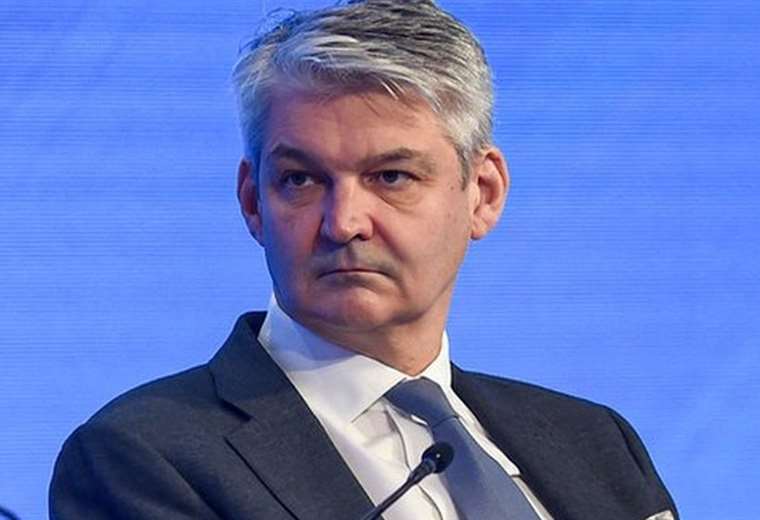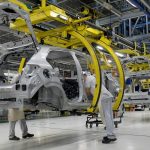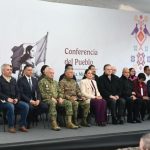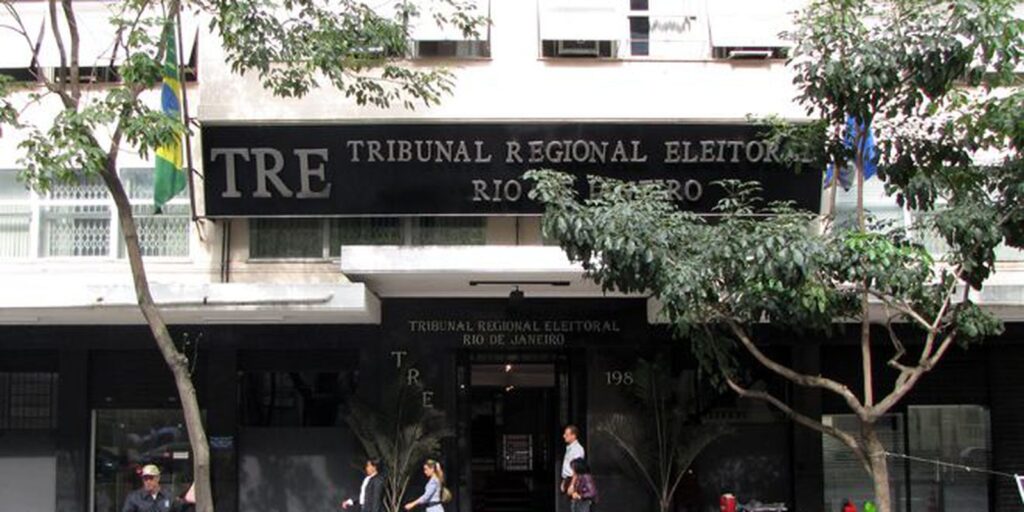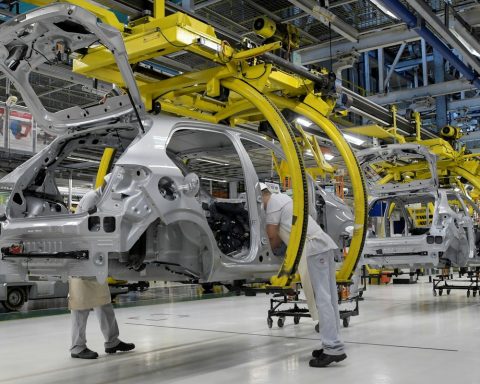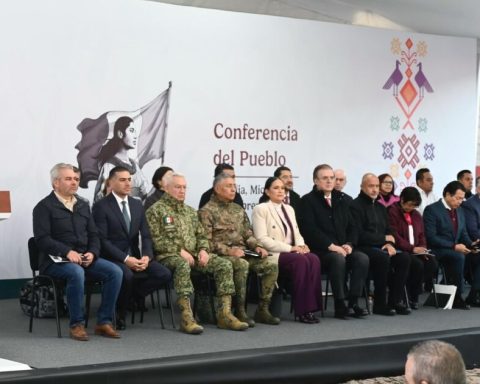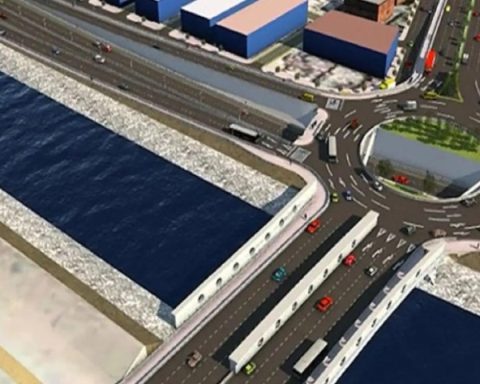July 28, 2022, 4:45 PM
July 28, 2022, 4:45 PM
The West risks being drawn into a nuclear war because it is not talking enough with Russia and China, Britain’s national security adviser has warned.
Stephen Lovegrove pointed out that rival powers used to understand each other better during the Cold War, and that the current lack of dialogue between them increases the likelihood of misjudgment.
Quoting legendary British Prime Minister Winston Churchill, Lovegrove said it was better to “talk, talk” than “fight, fight.”
He added that we are in a “new era of proliferation” in which dangerous weapons are more widely available.
His comments come before a phone conversation between US President Joe Biden and his Chinese counterpart Xi Jinping. The first talks between those two leaders since March.
Xi and Biden are expected to discuss ongoing tensions over Taiwan and tariffs on imports of Chinese goods imposed by then-President Trump.
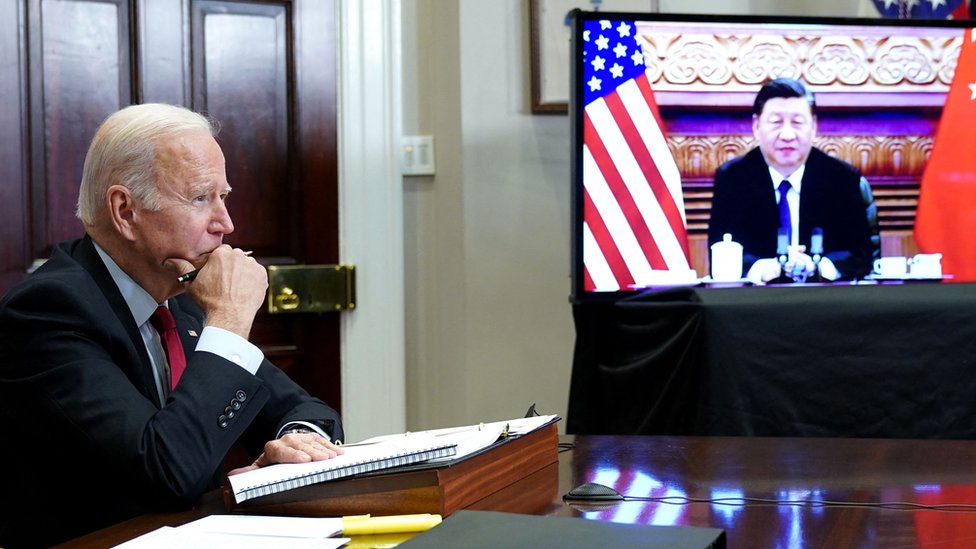
Stephen Lovegrove expressed his views in a speech he gave at the Center for Strategic and International Studies in Washington DC, focusing on the implications of Russia’s invasion of Ukraine and what he called “a broader competition developing around the successor to the post-Cold War international
He said that, throughout the decades of the Cold War, Western powers benefited from negotiations that “improved our understanding of Soviet doctrine and capabilities – and vice versa.”
“That gave both of us a higher level of confidence that we wouldn’t end up in a nuclear war because of a miscalculation,” he said.
“Today, we don’t have the same fundamentals with others that could threaten us in the future – particularly China,” he said.
“The trust and transparency that is created through dialogue should also mean that we can be more active in drawing attention to non-compliance and misbehavior when we notice it.”
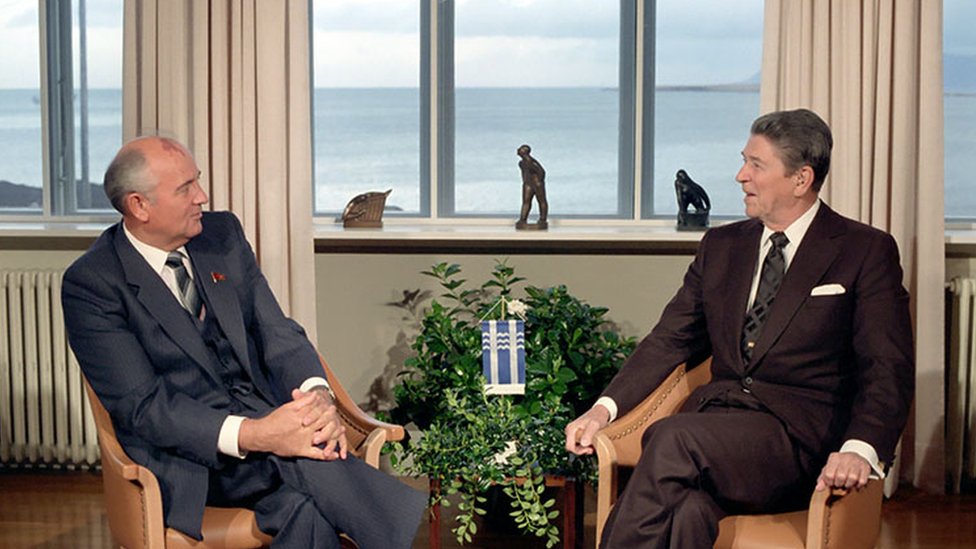
Lovegrove went on to explain that the risk of “uncontrolled conflict” was increasing due to Russia’s repeated violations of its own treaties to which it had agreedas well as the pace at which China is expanding its nuclear arsenal and its apparent “disregard” for arms control agreements.
He also addressed the danger associated with rapidly advancing technology and the number of states now developing weapons such as land-attack cruise missiles.
He said that “there is no immediate possibility that all the major powers would come together to establish new agreements” so that the NATO powers could concentrate on “working on strategic risk reduction.”
“We should act fast to renew and strengthen confidence-building measures to reduce or even eliminate the causes of mistrust, fear, tensions and hostilities,” he said.
“[Dichas medidas] They help one party to correctly interpret the actions of the other in a pre-crisis situation, through the exchange of reliable and uninterrupted information on the intentions of both”.
And he concluded: “Trust and faith increase when states are open about their military capabilities and plans.”
Remember that you can receive notifications from BBC World. Download the new version of our app and activate it so you don’t miss out on our best content.
